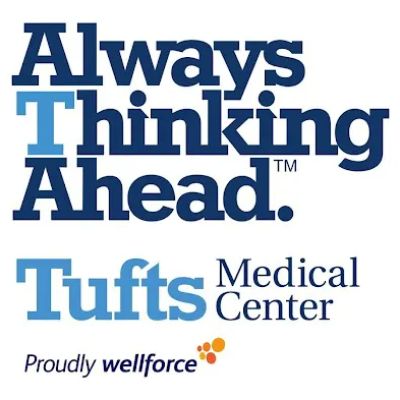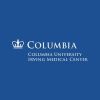- 1-Understanding-Heart-Disease-and-Surgery
- 2-Importance-of-Diet-After-Heart-Surgery
- 3-Key-Nutritional-Components-for-Recovery
- 4-Practical-Dietary-Strategies-for-Patients
- 5-Real-Life-Examples-of-Diet-Impact-on-Recovery
- 6-Supporting-Long-Term-Heart-Health-Through-Diet
Understanding Heart Disease and Surgery
Heart disease remains one of the leading causes of illness and death worldwide. For many patients, surgical interventions such as bypass surgery or valve repair become necessary to restore heart function and prevent further complications. Understanding the nature of heart disease and the role surgery plays is essential for grasping why diet after surgery is a critical factor in recovery.
Post-surgery, the heart requires ample nutrients to heal damaged tissues, reduce inflammation, and rebuild strength. A well-designed diet supports these processes and helps patients regain energy while lowering the risk of recurring heart problems.
The Importance of Diet After Heart Surgery
Diet after heart surgery is not merely about restriction; it is a powerful tool to aid healing and enhance heart health. A carefully planned nutritional regimen can reduce oxidative stress, control blood pressure, and balance cholesterol levels. It also helps maintain a healthy weight, which is pivotal to avoiding undue stress on the heart.
Medical experts emphasize that the quality of food consumed directly affects recovery timelines and long-term outcomes. Hence, understanding which foods support the healing heart can transform recovery from a passive process to an active, health-promoting journey.
Key Nutritional Components for Recovery
Several nutritional elements play a critical role in post-surgery recovery for heart disease patients:
- Lean Proteins: Essential for tissue repair and maintaining muscle mass without burdening the cardiovascular system.
- Healthy Fats: Sources like omega-3 fatty acids reduce inflammation and promote arterial health.
- Whole Grains: Rich in fiber, they help regulate cholesterol and improve digestion.
- Fruits and Vegetables: Provide antioxidants and vitamins vital for cellular repair and immune support.
- Limited Sodium: Controlling salt intake prevents fluid retention and high blood pressure spikes.
Balancing these components encourages effective healing and reduces postoperative complications.
Practical Dietary Strategies for Patients
Implementing a heart-healthy diet after surgery requires practical approaches to ensure adherence and enjoyment. Patients should focus on:
- Preparing meals at home to control ingredients and reduce processed food intake.
- Incorporating a variety of colorful vegetables and fruits daily for comprehensive nutrient coverage.
- Choosing grilled, baked, or steamed foods over fried options.
- Monitoring portion sizes to maintain a healthy weight.
- Staying hydrated and avoiding sugary beverages.
These strategies, paired with regular consultation with healthcare providers, optimize dietary benefits during recovery.
Real-Life Examples of Diet Impact on Recovery
Consider John, a 58-year-old patient who underwent coronary artery bypass surgery. Initially, John struggled with fatigue and swelling, but after working with a nutritionist to adopt a heart-healthy diet rich in vegetables, lean proteins, and omega-3s, his recovery accelerated. Within months, John reported improved stamina and better blood pressure control, highlighting how diet positively influenced his healing.
Such stories emphasize that diet is an active contributor to recovery, not just a secondary consideration.
Supporting Long-Term Heart Health Through Diet
After the immediate recovery phase, maintaining heart health becomes a lifelong commitment. A balanced diet remains central to this effort, helping to prevent recurrent heart disease and supporting overall wellness.
Regularly consuming nutrient-dense foods and limiting harmful fats and sodium forms the foundation of this maintenance. Patients interested in detailed guidance and tailored dietary plans can find valuable resources and support through platforms like HeartCare Hub, where expert advice and recommended products help sustain heart health effectively.




















